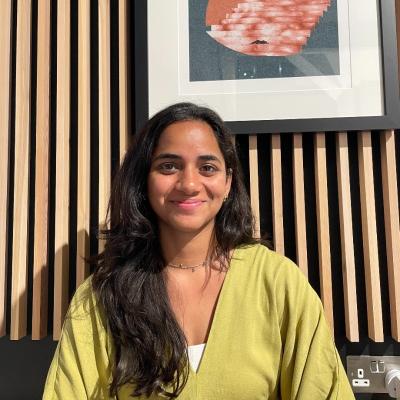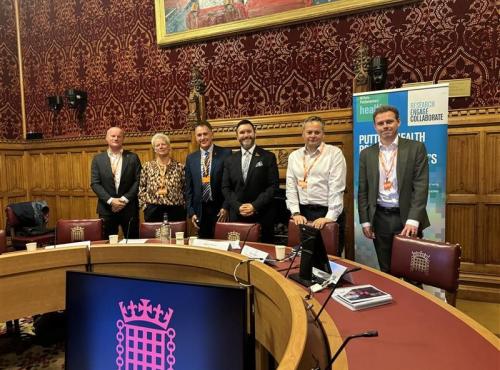CMWH addresses the urgent need for research into women’s health
Women’s health has long been neglected by medical research, with women excluded from studies and recently funders admitting that it is not a priority area. This inequality has significant implications, not only for women but for the wider population.
Bournemouth University’s Centre for Midwifery and Women’s Health (CMWH) is working to address this research gap and support Dorset Integrated Care Board to implement the Women’s Health Strategy.
Our interdisciplinary research addresses pregnancy and birth, but also the often-hidden areas of reproductive health such as pelvic health, sexual health, and menopause. Vanora Hundley’s work explores innovative ways that midwives can support women before labour is established, a time when they often feel neglected.
Postnatal care and infant feeding, led by Catherine Angell, brings together strong education (awarded BFI gold status by UNICEF) and research to ensure that women from a variety of backgrounds can breastfeed their babies. Carol Clark leads on women’s health and collaborates with a team of clinicians aiming to improve outcomes for women with pelvic floor dysfunction. This highlights the use of digital technology and has engaged with women using a Humorous social media campaign to promote women's pelvic floor health. Urinary incontinence is one symptom often reported following childbirth, but the commonest is pain. In collaboration with colleagues with an interest in pain in labour we report that women experience negative thoughts about pain before childbirth and recognise the importance of understanding women’s pain experiences across their lifespan if this is to be managed effectively during and after labour.
Emma Thurston is exploring the taboo subject of sexual pleasure and formal and informal sex education. She has spoken of a lack of understanding of the female anatomy and a requirement for improvements in sex education. Emma’s work to date has been influenced in her role as a part time GP and lecturer on the Physician Associates program.
Sport / physical activity is an area where women have largely been ignored. Working with Active Dorset Malika Felton’s post-doctoral research employed co-designed methodology to provide information and guidance for women during and after pregnancy about their engagement in physical activity.
CMWH has also been working to improve outcomes for mothers and babies in low resource settings. In Nepal the team, led by Rebecca Neal, are exploring the impact of heat (because of climate change) on pregnant women. High temperatures have been shown to increase the risk of pregnancy loss.
Our PhD researchers regularly showcase their work at our Women’s Health Research Symposium Interested readers can join us for our second Symposium 25th June – book here.
The Women’s Health Strategy has highlighted the inequity in women’s health and the introduction of Women’s Health Hubs is going some way to try to address this. However, without quality research evidence to underpin the care, inequities will remain. There is a need for a significant investment into research that explores women’s health - not only physical and mental health conditions, but positive approaches to wellbeing such as physical activity. With only 30% of the world’s researchers being women, funders need to consider how they can support female researchers from all backgrounds.
This article was written by Professor Vanora Hundley and Professor Carol Clark.




